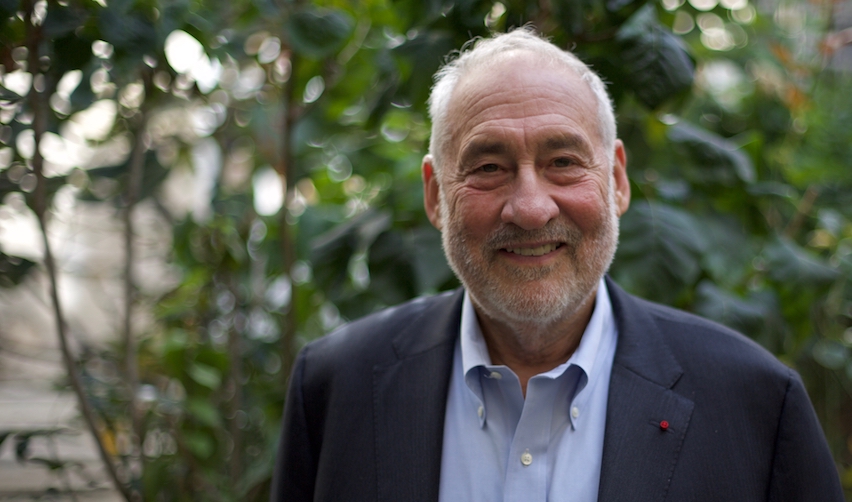RIO DE JANEIRO, BRAZIL – The Nobel laureate in economics Joseph Stiglitz highlighted yesterday Monday “Argentina’s Covid miracle” in the management of the coronavirus pandemic and launched a harsh criticism of the International Monetary Fund (IMF) for “insisting on a course with outdated austerity requirements” that “could threaten global political and financial stability”.
“While Covid-19 has been tough on everyone, it has not been an equal opportunity disease. Developing and emerging economies have faced severe financial and fiscal constraints. Not every country can spend a quarter of its GDP to protect its economy, as the United States did. And because of vaccine nationalism (hoarding by rich countries), they have had to look for any dose they can get,” the economist reviewed in his article “Argentina’s Covid Miracle” published in the Project Syndicate portal.
Read also: Check out our coverage on Argentina
Amid the discussions that the Casa Rosada maintains with the lender and the delay in the definitions on the new economic program that will set the agenda in the renegotiation for the debt of US$57 billion, Stiglitz put Argentina as an example for its “surprising recovery”, despite the health scenario and after “having inherited a mess at the end of 2019”.

“Given the mess that the government of Argentine President Alberto Fernandez inherited at the end of 2019, it appears to have pulled off an economic miracle. From the third quarter of 2020 to the third quarter of 2021, GDP growth reached 11.9%, and is now estimated to have been 10% by 2021, almost double what was forecast for the U.S., while employment and investment had recovered to levels higher than when Fernandez took office,” he noted.
In another section, he highlighted how public finances “have also improved”, even implementing a “countercyclical recovery policy”, given by the “strong economic growth, higher and progressive tax rates on corporate wealth and income, and the 2020 debt restructuring”.
“There has been significant growth in exports, not only in terms of value but also in volume, following the implementation of development policies designed to foster growth in the tradable sector. These include reforms to credit policies; a reduction to zero of export duties for value-added sectors, along with higher rates for primary products and investments in public infrastructure and research and development,” he continued.
THE WARNING TO THE FUND FOR ARGENTINA’S DEBT
The Nobel Prize winner in Economics also urged the Fund to maintain the line it faced in the last two years, which allowed it to “gain new respect for its effective responses to global crises” in the framework of the design of a new program for Argentina, otherwise “in the end, everyone would lose”.
“If the course were reversed with antiquated austerity requirements on Argentina, the consequences for the Fund itself would be serious, including the reduced willingness of other countries to engage with it. That, in turn, could threaten global political and financial stability. In the end, everyone would lose,” he warned.
Stiglitz also predicted that “cleaning up the financial mess of the previous government will take years”, so he remarked again: “While everyone should know by now that austerity is counterproductive, it is possible that some influential IMF member states still defend it”.
He concluded: “The irony is that the same countries that always insist on the need for ‘confidence’ could undermine confidence in Argentina’s recovery. Will they be willing to accept a program that does not involve austerity? In a world still struggling with Covid-19, no democratic government can or should accept such conditions.”

